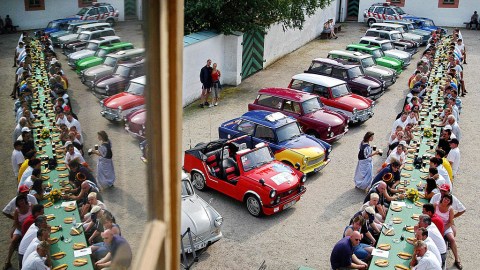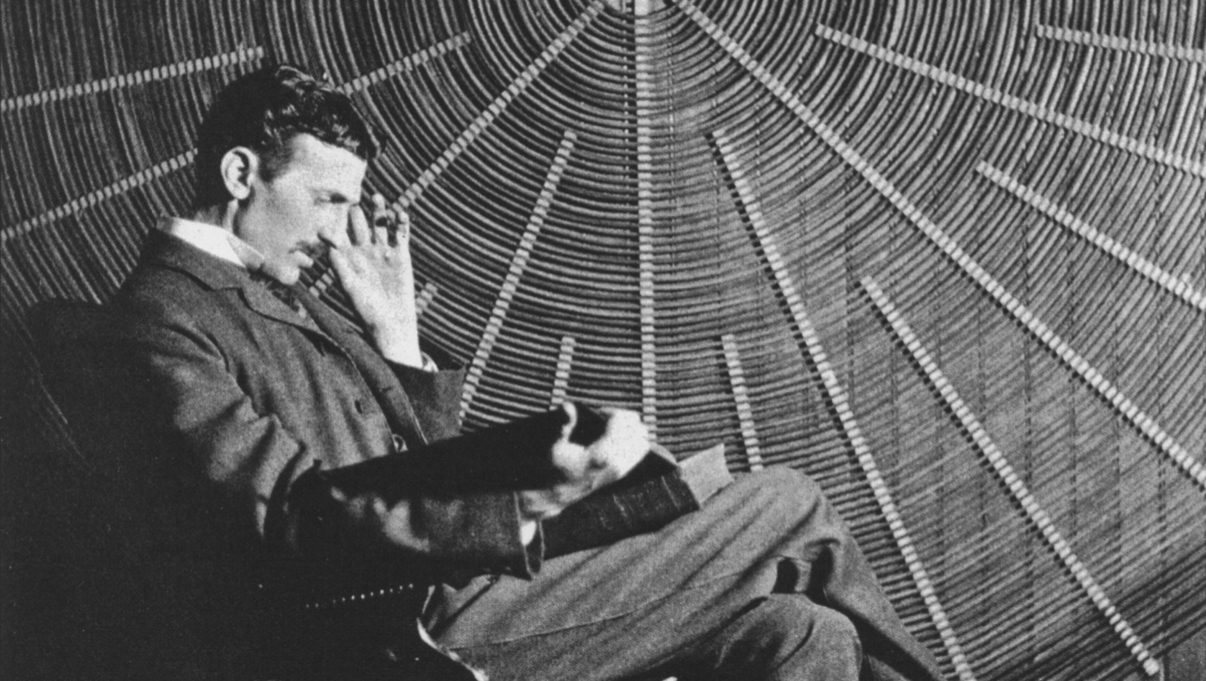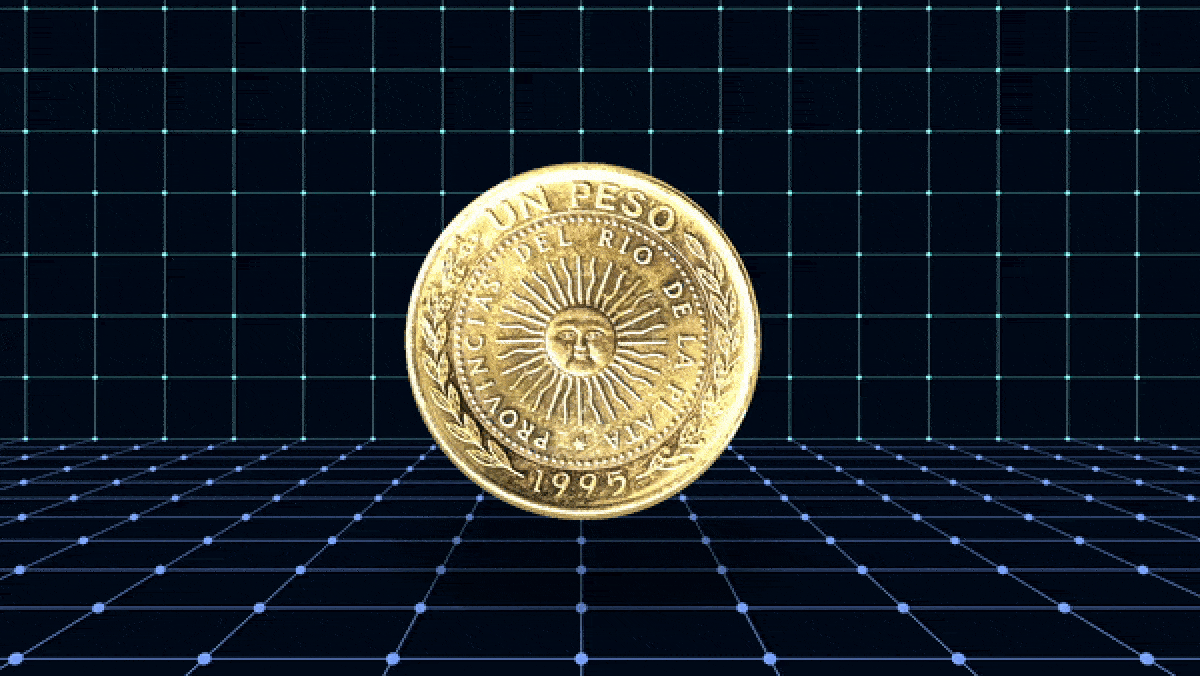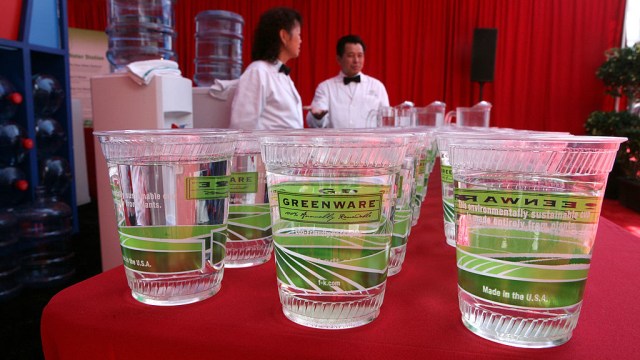Race Relations Need Big and Small Solutions

In mid-April a Gallup poll found that the percentage of people who are worried “a great deal” by the issue of race relations has increased to 35 percent, over one in three people. That’s a big difference from the time period between 2001 and 2010, when the number of people in that category was on the decline.
Some people have taken it into their own hands to try and solve divisions — not just of race, but also of class, gender, and many of the other identities that separate neighbors. A project called The Longest Table recently won a grant by the Knight Foundation to literally set out a giant table the length of two city blocks in downtown Tallahassee.
Conversation starters decked the table, asking about race relations, local challenges, and what people like the most about the city. The table was visited by residents, local leaders, and community activists. The idea was that sharing a table promotes the kind of respect and harmony that might otherwise get lost throughout the course of political disagreements.
Setting up enormous tables throughout the U.S. or the rest of the world isn’t likely to solve the deep-seated issues behind tense race relations. And emotions can run high on any side of an argument. President Obama, for instance, was recently frustrated with Black Lives Matter protestors, because he perceived them as unwilling to work through concrete solutions on criminal justice. Others are indignant at the remarks, saying that they have already made efforts to meet and work on policy. So, it’s clearly tough to work through problems.
But what if there is something to the idea of bringing more compassion into policy? In other areas, such as elementary school education, we’ve seen that teaching empathy is sorely needed. It’s possible the giant table is one strategy for introducing just a little more empathy practice to our lives that sorely lack it. And if we thought past large tables, could there be more effective, deeper solutions?
—
Image: UWE MEINHOLD / Stringer (Getty Images)





